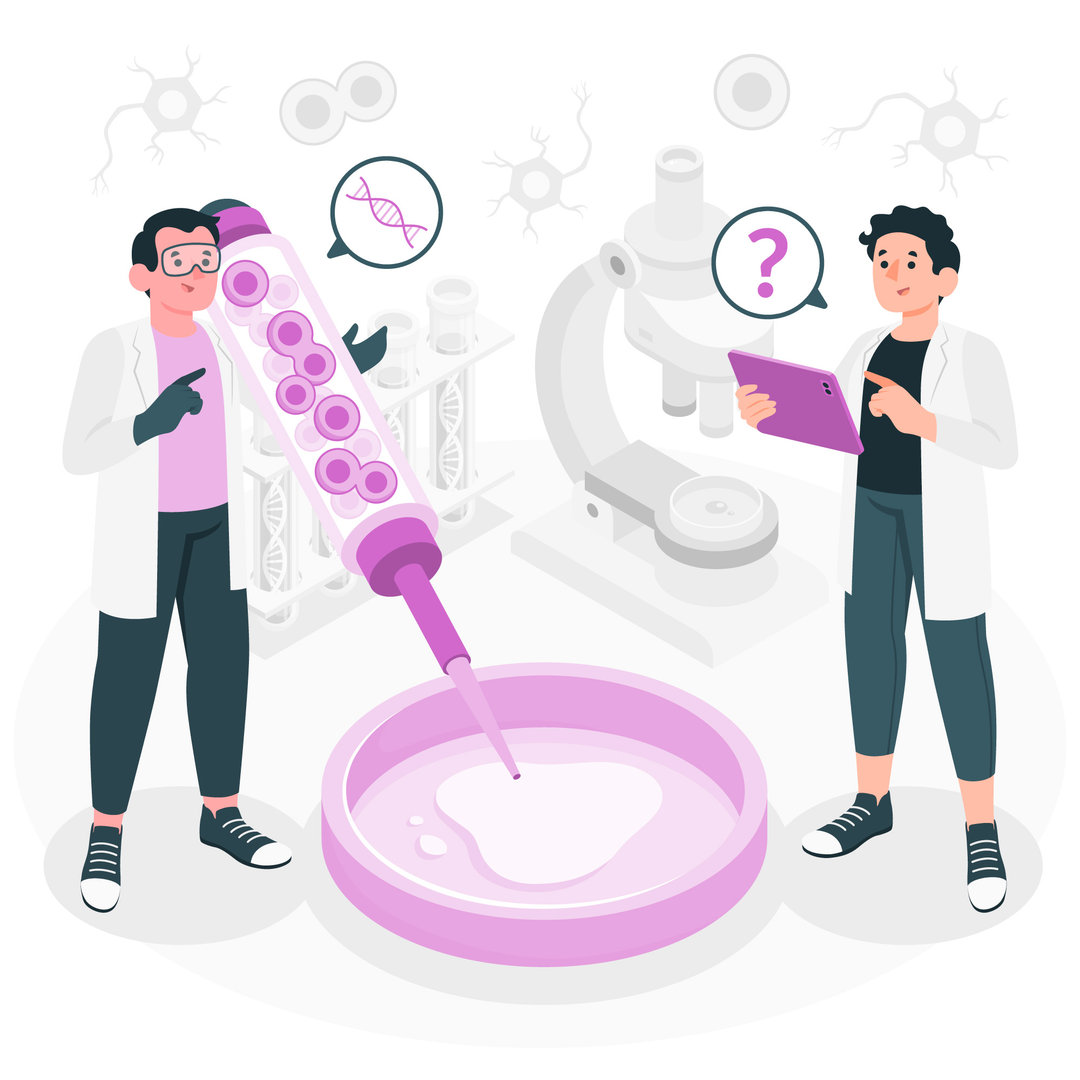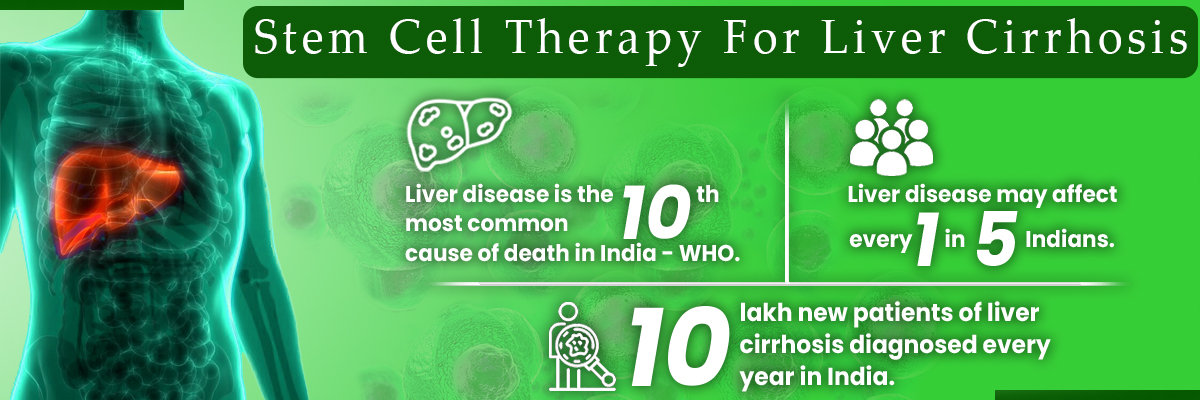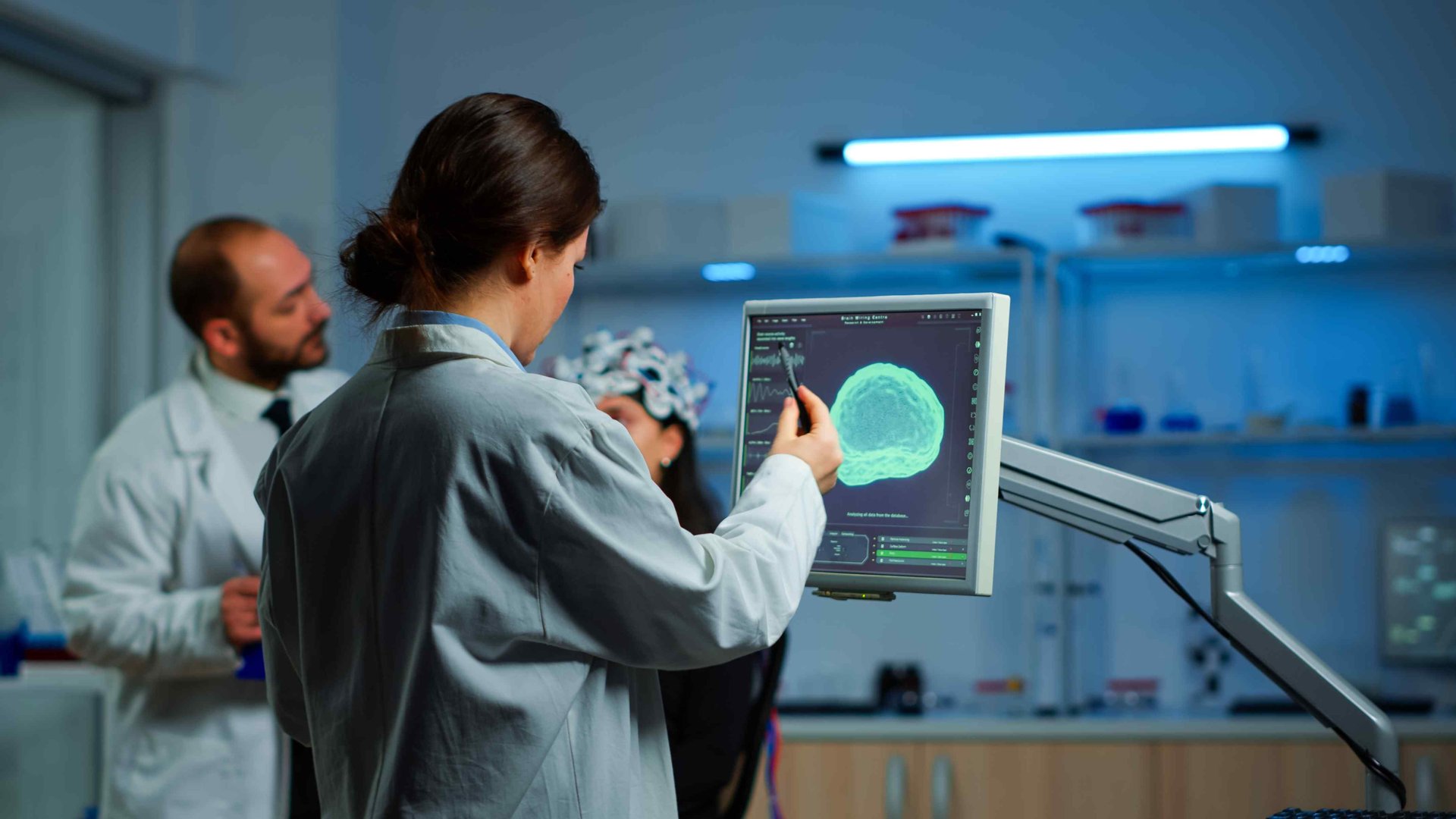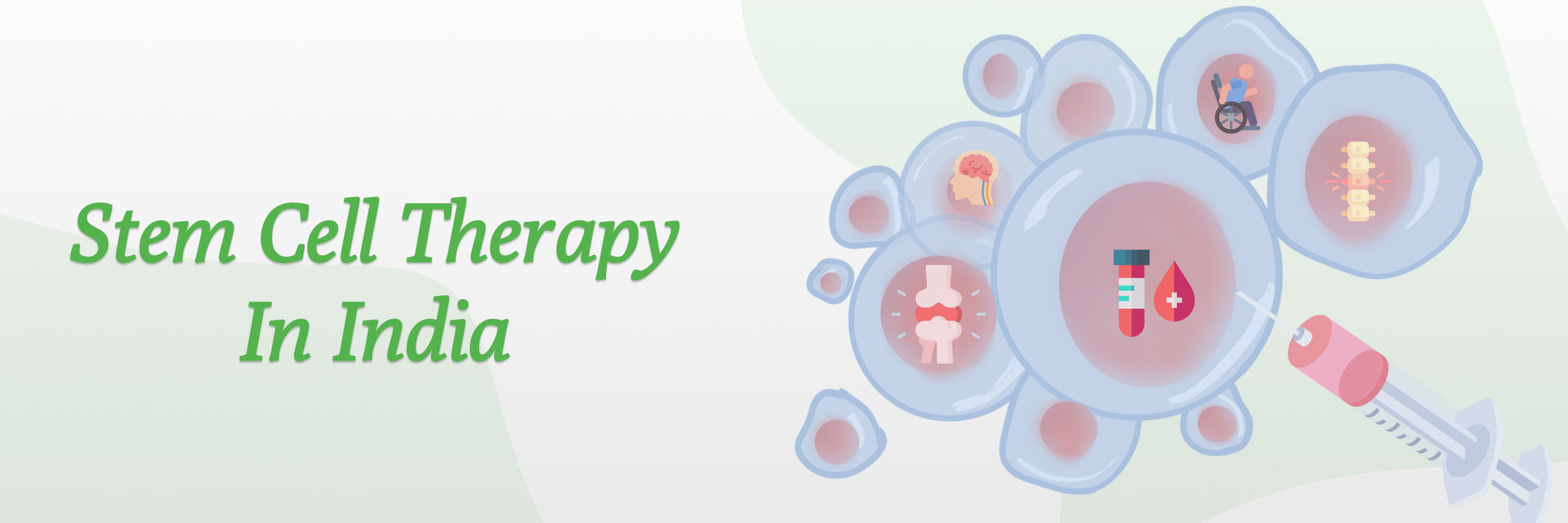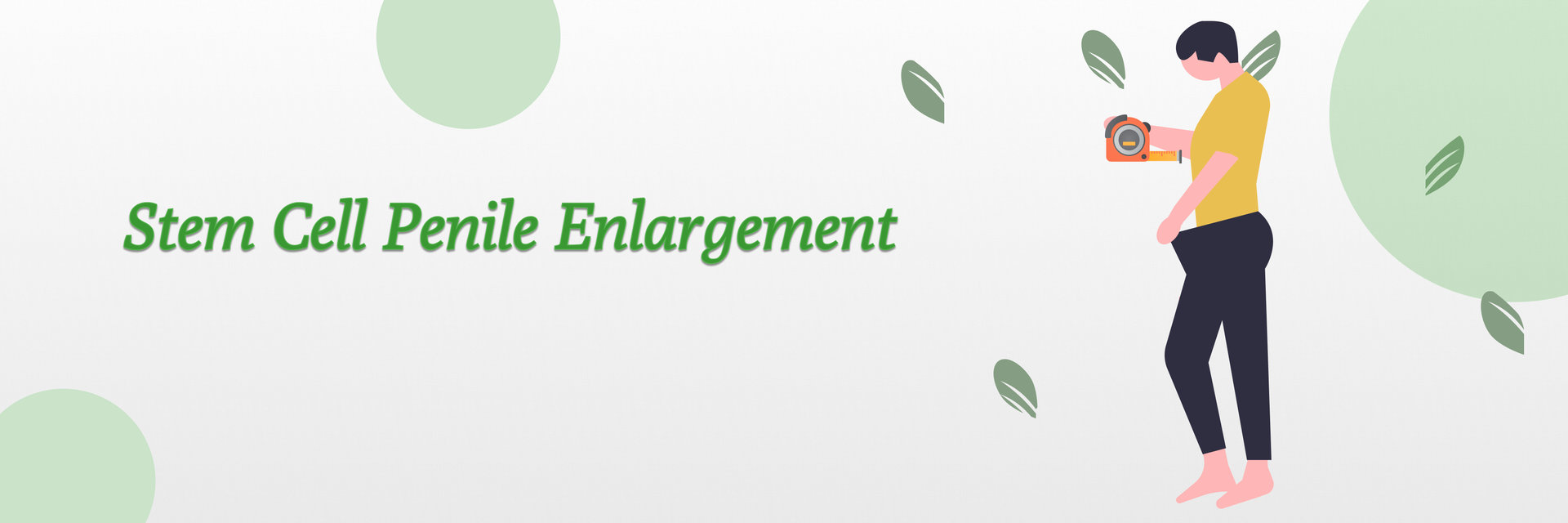Overview
Alzheimer's disease is the most disabling of the new neurologic diseases. Alzheimer's disease affects millions of people throughout the world, gradually erasing memory, mental functions, and ways of life. With all those decades of research and so many treatments for Alzheimer's disease, however, there isn't one, but rather delaying methods. However, in medicine today, there is discussion of another type of treatment: stem cell therapy. Connect with professionals to know more about stem cell therapy for alzheimer's.
Stem cell therapy has been a mainstay of regenerative medicine and orthopedic disease for years, and now it is being considered a game-changer in the treatment of Alzheimer's. Due to advances in Stem Cell Research, reversing compromised brain function no longer remains science fiction. Let's examine what the therapy is, how it is administered, and whether and when it will be an impending frontline therapy.
Understanding What Is Alzheimer's Disease
Alzheimer's disease is a degenerative nervous system disorder that affects memory, behavior, and thinking. Alzheimer's disease is the most common of the disorders that result in forgetfulness, especially in persons aged 65 years and above. Forgetfulness in Alzheimer's disease results from the buildup of two proteins within the brain, i.e., beta-amyloid plaques and tau tangles. They interfere with the transmission of messages through brain cells, which eventually kills them.
There are 7 stages of Alzheimer's disease, starting with mild forgetfulness and going on to complete dependence. The symptoms of Alzheimer's are confusion, disorientation, personality change, and inability to carry on daily activities. Current treatments for Alzheimer's disease can slow the progression, but cannot reverse or stop it. If you want to know more about the stem cell treatment for alzheimer's, you can book a doctor's appointment on our platform in just minutes.
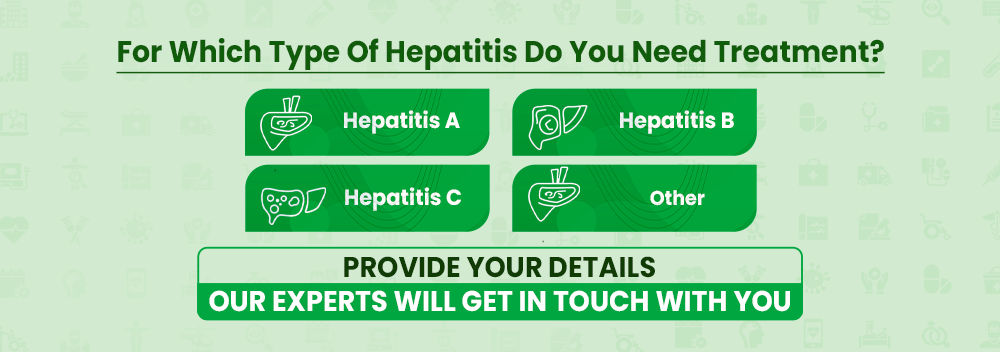
What Is Stem Cell Therapy
Stem cell therapy is a form of medicine that utilizes the body's raw materials — stem cells — to repair, regenerate, or replace diseased tissues. Stem cells have the potential to become many other cell types, such as neurons, which happen to be the same cells that Alzheimer's kills.
Stem cells are retrieved from various sources, including the bone marrow, the umbilical cord, and embryonic tissue. Stem cell preservation and stem cell storage are only some of the technologies that are used in order to bank healthy stem cells and harvest them for future use. These types of technology are in their most fashionable period with first-time mothers when they opt to store the umbilical cord during birth.
How Could Stem Cell Therapy Help Alzheimer's
Stem cell therapy in Alzheimer's disease can be targeted to restore or replace injured neurons, to improve the replacement of ideas, and to repress brain inflammation. Stem cells are a more regenerative choice than currently available Alzheimer's disease drugs, which have been associated with the control of symptoms. Several ways stem cells can be beneficial:
- Replacement of degenerated neurons with new neurons
- Increasing brain plasticity and recovery
- Decreasing brain inflammation linked to Alzheimer's
- A decrease in the buildup of toxic plaques
There have been remarkable outcomes in clinical trials using stem cells to enhance memory in lab animals and reduce markers of disease. That's why neurologists — and even orthopedic surgeons who've seen stem cells work miracles in joint reconstruction — are now calling for stem cell research in neurology.
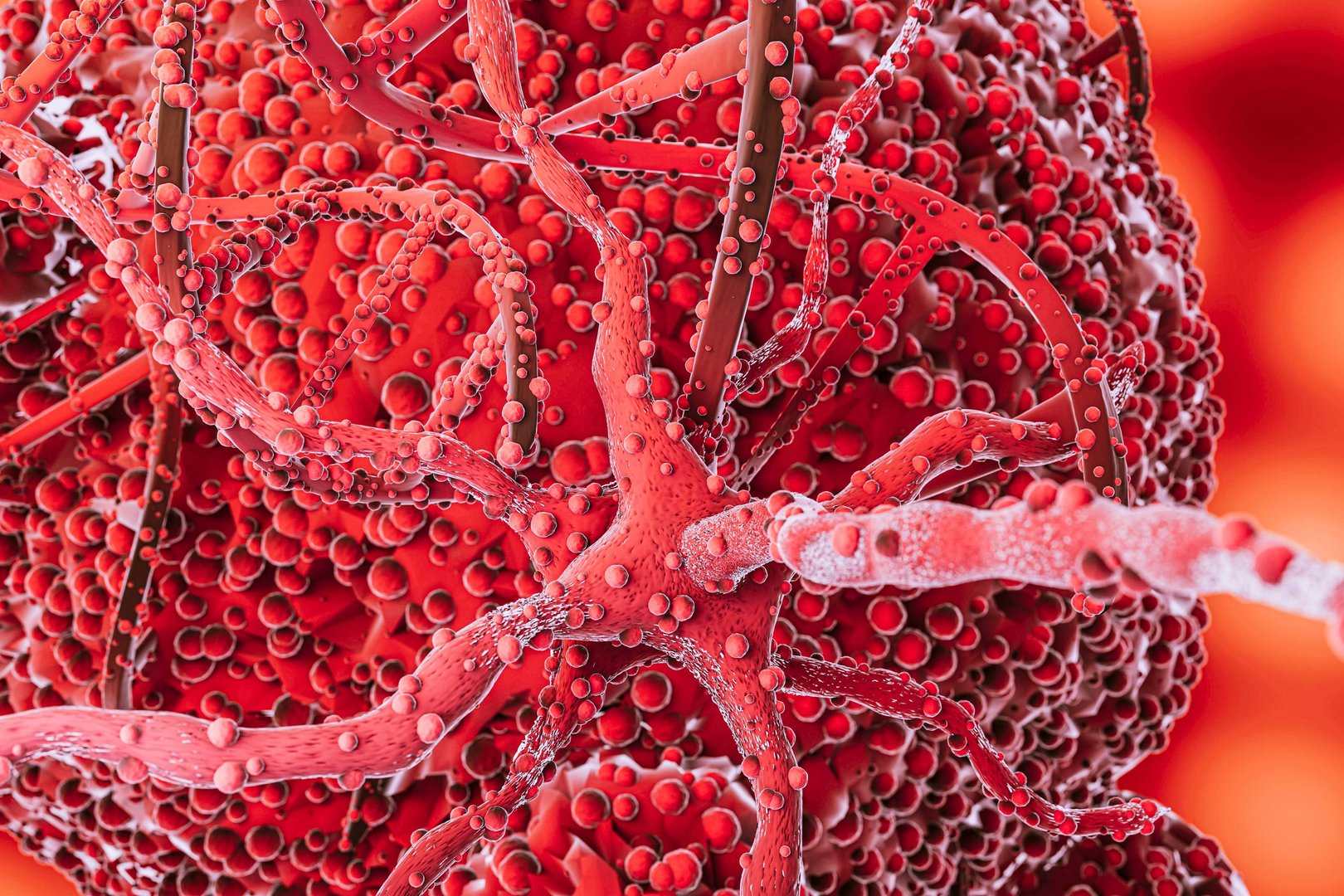
Recent Research & Clinical Trials
A number of clinical trials and research on a global scale are examining the effectiveness of stem cell treatment in Alzheimer's. US, Japanese, and European institutions have also commenced controlled trials using Mesenchymal Stem Cells (MSCs) and Induced Pluripotent Stem Cells (iPSCs).
A large trial in Stem Cell Research & Therapy Journal indicated that MSCs improved cognition and memory in mouse models of Alzheimer's. Human trials were reported to have patients with progressive but promising improvement in cognitive function with no major side effects following neural stem cell therapy.
Stanford University, for instance, is leading the way with research in which they're implanting neural stem cells directly into brain regions involved. Although still in its experimental stages, this information is promising a future when stem cell therapy can become a mainstream treatment for Alzheimer's disease.
Benefits Of Stem Cell Therapy For Alzheimer's
Stem cell therapy is the latest treatment available in the field of medical science. Its ability to integrate with any treatment and give the best possible results makes it so trustworthy among the patients. Apart from this, stem cell therapy could offer several benefits over current treatment:
- Regenerative healing: Instead of masking symptoms, stem cells try to fix damage.
- Long-term effects: Healing is seen months after a single session in some patients.
- Minimum invasiveness: Injections are used in most procedures, instead of surgery.
- Preparedness for the future: People who have invested in stem cell banking can have customized treatments whenever necessary later in life.
For family members of Alzheimer's sufferers, the therapy is a hope of not just improved memory, but dignity and independence regained.

Risks & Challenges
While stem cell therapy offers hope, it's not all sunshine and miracles. Here's what patients and caregivers must understand before diving in:
- Still in experimental stage: Although it can cure the maximum of diseases, stem cell therapy has not become a mainstream treatment yet, also it has not received FDA approval; most cases are being tested in clinical trials.
- Safety Concerns Exist: Though stem cell is a natural therapy, they could have some serious side effects. These can include inflammations, infections, blood clots, or immune system reactions, if donor stem cells are used.
- Ethical Considerations: Some therapies use embryonic stem cells, which sparks ethical debates depending on personal beliefs, religious views, and local laws.
- Rise of Unregulated Clinics: Many private clinics around the world market stem cell therapy as a “miracle cure” without offering any solid scientific proof.
Cost Of Stem Cell Therapy
Cost is the biggest hurdle when considering stem cells as a viable treatment option. Stem cell storage in India ranges from ₹50,000 to ₹75,000, whereas stem cell preservation cost in Western countries ranges up to ₹5 lakhs and beyond. Stem cell treatment of Alzheimer's actively ranges in cost according to:
- Location/country where the clinic is located
- Type of stem cells used
- Number of sessions
- Pre/post-care given
It may cost ₹2 lakhs to ₹5 lakhs here, and in America, it could easily be more than ₹15–20 lakhs.
Since it is an experimental procedure, the insurance company pays very little for this surgery, so it is a family investment choice.
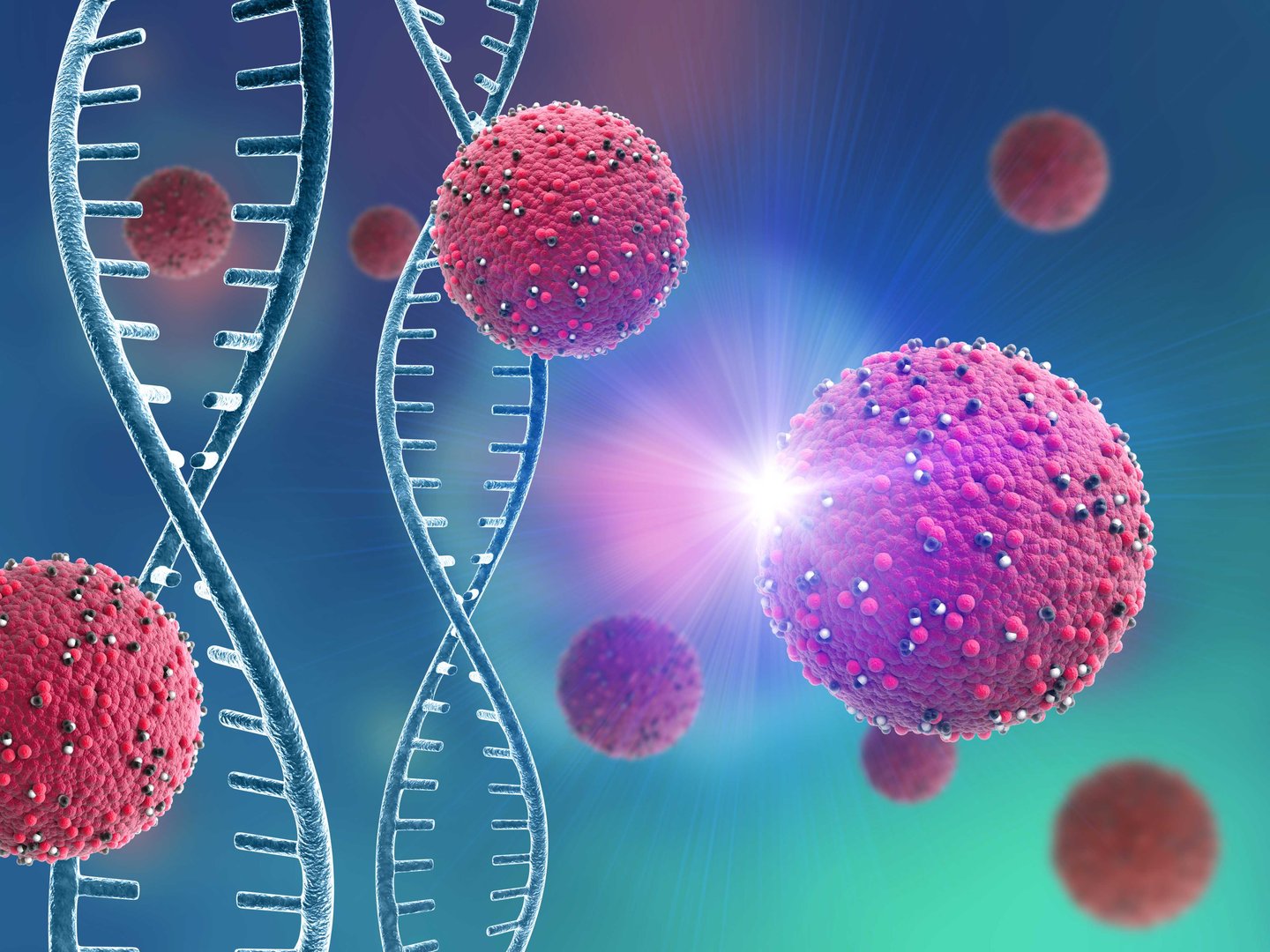
Questions To Ask Before Choosing A Stem Cell Therapy
It is very important to take an informed decision before considering stem cell therapy as an option for treatment. Before going in for this new-age treatment, the following are basic questions to ask:
- Is it a commercial setup or a clinical trial?
- What type of stem cells are utilized (MSC, iPSC, etc.)?
- What is the alleged success rate of the clinic?
- Peer-reviewed published reports or literature?
- Is the charge all-inclusive for what (Consultation, testing, follow-up, etc.)?
- What are the side effects, and how are they managed?
Answering these questions helps make a more informed decision, particularly when investing dollars and dreams.
Summary
Alzheimer's is a merciless disease that takes away the victim's sense of self and families from the people they love. Although medications for Alzheimer's disease available today can delay its progress, no treatment exists to date. Stem cell therapy is one of the most promising fields of research in modern neuroscience, with the potential to reverse memory loss and activate brain function.
While it is not yet in the research stage, current research, clinical trials, and progress in stem cell storage offer genuine hope. If you are considering this therapy, consult with trusted counselors, learn about the costs involved, and weigh both the advantages and disadvantages.
Alzheimer's treatment could very well be found in the power of a tiny, mighty stem cell — and we've never been closer to exploring its full potential.
References
https://www.frontiersin.org/journals/neuroscience/articles/10.3389/fnins.2024.1440334/full
https://med.stanford.edu/stemcell/news/iscbrmarticles/cell-therapy-for-alzheimer-s.html
https://stemcellres.biomedcentral.com/articles/10.1186/s13287-024-03737-w
